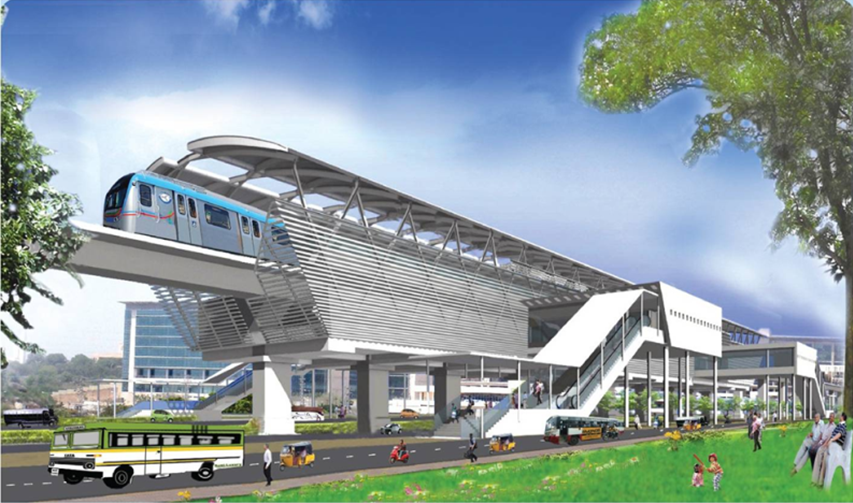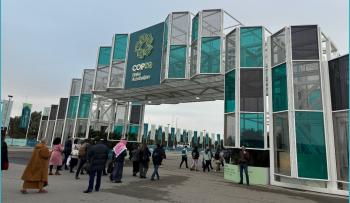
WCA member organisation to start active transport revolution in India
WCA member organisation Hyderabad Bicycling Club (HBC) is implementing a project that will “change the commuting culture in our city”, as stated Manohar, Chairman of HBC. In partnership with UN-Habitat, they will install an e-bike sharing station at every metro station, providing an eco-friendly solution for the last-mile connectivity.
Cycling surely is one of the best ways to get around in town – if not the best one overall: it’s fast (actually, in urban areas it’s faster than using a car[1]), it’s clean (0 emissions of CO2), it’s healthy (just by cycling to work you’ll probably get the 150 minutes of weekly physical activity experts recommend[2]). Still, it can get too demanding in many huge metropolises around the world, too large to be efficiently and entirely ridden with a bike.
Multi-modal transportation
Here is where intermodality comes in handy. Intermodality is the possibility of mixing several means of transport in one single commute: for example, the possibility of loading a bicycle on buses, metro, or trains, or just of renting/sharing a bicycle at the metro station.
Hyderabad, India, is the perfect example of a city too large to be travelled by bicycle only, but perfect for intermodality implementation. Which is exactly what WCA members Hyderabad Bicycling Club (HBC) are doing with the Last-mile connectivity project.
The project
Hyderabad is the second largest Indian city in terms of area. The City Municipal Corporation is setting up a new metro network with 63 new stations, and a lot of attention has clearly been placed on multi-modal connectivity: connections with existing train stations, intercity bus stations, mini-bus services have been planned. HBC wants to build 63 new bike-sharing stations, one in correspondence of each metro station, to cover the last mile from the metro to the office or shops. Each bike station will be provided with 100 electric bicycles powered by solar panels installed above the station itself.
With an expected ridership of about 1.7 million passengers per day by 2017 – and growing up to 2.2 million by 2024 – the Last-mile project “aims at substantially bringing down the high pollution levels in Hyderabad primarily caused by fossil fuel driven vehicles” declared Manohar, Chairman of Hyderabad Cycling Club. “It is also expected to considerably reduce the present prevailing traffic congestion in Hyderabad. First of its kind, this initiative would be a trend setter for other cities in India and elsewhere.”
The HBC and WCA
For the preparation and implementation of this project, the Hyderabad Bicycling Club, Hyderabad Metro Rail and UN-Habitat have made a tripartite Memorandum of Understanding. The World Cycling Alliance (WCA) is also a strong supporter of this project and has been instrumental in involving UN-Habitat as a key partner. The WCA is proud to account HBC’s leader as a member of its Steering Board, active in India and worldwide for the promotion of cycling as the most equal, sustainable and efficient mode of transportation for urban areas.
Regions:
News category:
Network/Project Involved:
Topics:
Contact the author
Recent news!
Upcoming events
Contact Us
Avenue des Arts, 7-8
Postal address: Rue de la Charité, 22
1210 Brussels, Belgium









